Subscribe for Newsletter
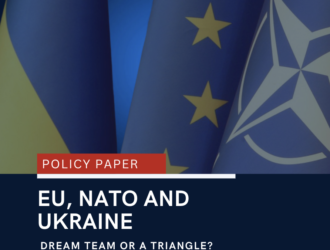
As soon as the EU started to express the will to play a role in security and defence matters (late 1990s), the question was posed of its relationship with NATO as the main defence actor in Europe. Since then, questions have been posed in different countries about what the EU would bring that NATO does not already do.
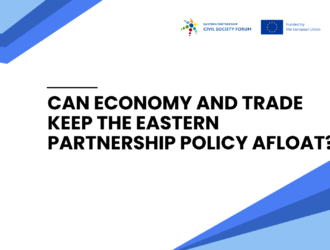
The prospects for tighter economic integration with the EU have always been the glue keeping the Eastern Partnership together, disregarding existing political agenda differences
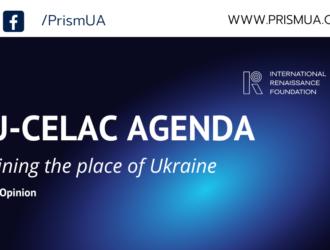
“Ukrainian factor”, a decisive joint counteraction to Russian aggression, which poses a security challenge to the entire system of international law, can also serve as a catalyst for a historical reconciliation between regions, fostering further technological and economic progress.

Spain’s presidency of the Council of the EU will take place under circumstances that are of crucial importance for Ukraine not only in the light of Russian aggression, but also Ukraine’s advancement towards membership in the European Union.
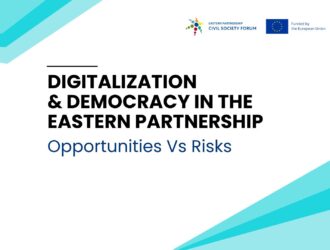
The European Union remains a major partner for EaP countries in promoting digital transformation processes. This includes providing financial support for reform implementation through various projects and providing access to EU funding instruments, as well as promoting legislative improvements and innovations in digital sector.
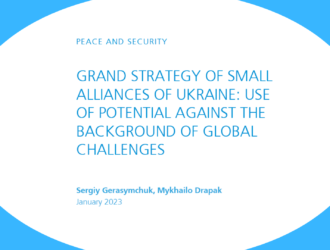
The implementation of the Strategy of Foreign Policy of Ukraine needs adjustment on the part of small alliances.
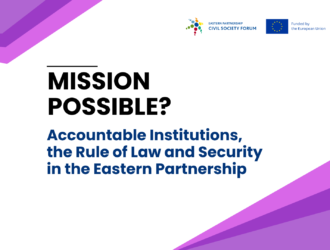
Assessment of promotion and enhancing reforms process by the EU in the countries of the Eastern Partnership within priority “Together for accountable institutions, the rule of law, and security”
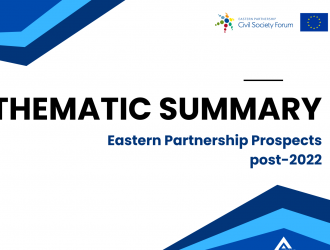
The progress of five EaP countries on their track to reach five key priorities of the policy beyond 2020
Topics: International organizations
Regions: Europe
Publications: EaP prospects of post-2022: Thematic Summary
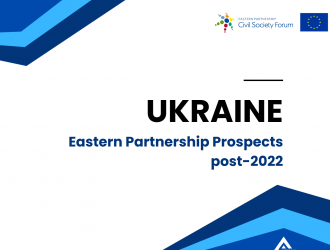
Since the inception of the EaP Ukraine has taken a special position on the policy and its bilateral and multilateral tracks. While acknowledging its European aspirations and interest in the development of bilateral cooperation with the European Union, official Kyiv expressed its reluctance to the multilateral track and overall EU’s approach towards copying Ukrainian-EU bilateral negotiation framework and applying it to the other partner states.

The EaP policy has generated a number of important results for Moldova. The signing of the Association Agreement in 2014, complemented by the implementation of the visa free regime and liberalization of exports towards the EU market, have greatly benefited the Moldovan economy and society.
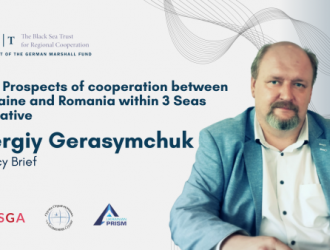
The expectations of the founding countries are not vain due to the high potential of the region which by area represents almost a third of the European Union and is home to 111 million people.
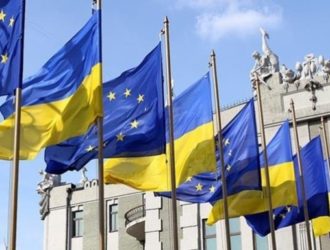
The Eastern Partnership has a chance of becoming a self-contained actor if civil society leaders of the region succeed in harnessing the “power of the streets” in order to create effective democratic institutions. What does the future bring in terms of European aspirations for Ukraine and other Eastern Partnership (EaP) countries? This is the question […]


